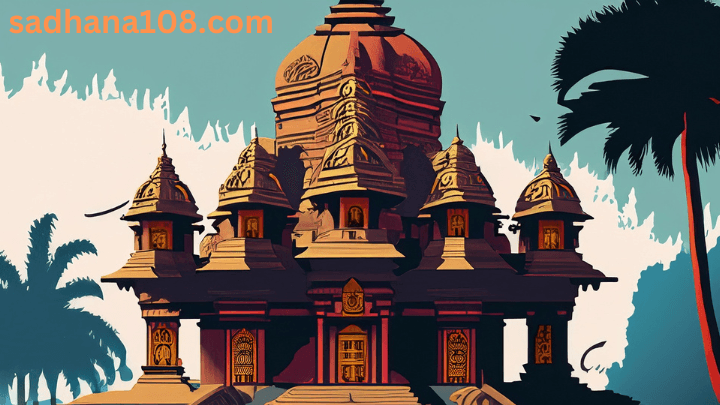Ancient Sanskrit texts rich in history, geographical knowledge: Bibek Debroy

Prof. Bibek Debroy has done amazing work of translating entire Maharbharata and Ramayana in English. Now he has also translated Varaha Purana. Prof. Debroy's contribution to Dharma is exceptional in that sense.
Varaha Purana as the readers might know is the Purana that describes third avatar of Vishnu. The Varaha. Very few people realise today that Varaha, Boar is one of the Hindu gods. Boar is considered sacred in nearly all pagan traditions though its domestic version the Pig is generally considered filthy.
People should read ancient Sanskrit texts as not only they have beautiful poetry, but are rich in history and contain a treasure of geographical knowledge, Prime Minister’s Economic Advisory Council Chairman Bibek Debroy said on Sunday.
Debroy, who has over the years translated the Bhagwat Gita, the Mahabharata and the Valmiki Ramayana, urged people to read those texts, and others, in their original form.
“One reason why one should read all that literature in Sanskrit, and not just in translation, is because it is beautiful poetry. The second reason is because there is an enormous amount of geographical detail,” Debroy, who is now translating the Puranas, said at the Times Litfest here.
Giving an example of the geographical treasure in those texts, he said: “Not far from here is a place we know as Rohtak, which earlier used to be Rohitak. And there is an entire history (in those texts) as to why it was called Rohitak.
“There is a place called Varahamula (Baramulla) and most of us do not know that it is known as Varahamula because that was the place where Lord Vishnu in his Varaha incarnation rescued the earth from the waters,” he said.
The NITI Aayog Member added that the third reason why one should read the Sanskrit texts was because “they are history”.
“The word that is used is ‘itihaas’ – this is indeed what happened. These are not myths.
“Now don’t get me wrong. I am not suggesting for a minute that everything happened as is described. Because obviously, in a process of oral transmission for a period of time, there will have been embellishments and additions. But in its core, this is itihaas,” Debroy said.
“Today we don’t read them, we don’t try to take them seriously, and that’s why they are neglected.”
Debroy added that one should also read those texts because “they represent dharma”, which he said was “unfortunately widely mistranslated, abused, misunderstood”.
“I don’t think it (dharma) should be translated as religion. Dharma in certain context means the duty of kings – ‘rajdharma’. Today, we call it governance.
“In certain context, it means ethics, morality; in certain other context it means what you and I do in our daily lives; and in certain other context, it means ‘moksha dharma’: emancipation – the metaphysical and the spiritual,” he said.